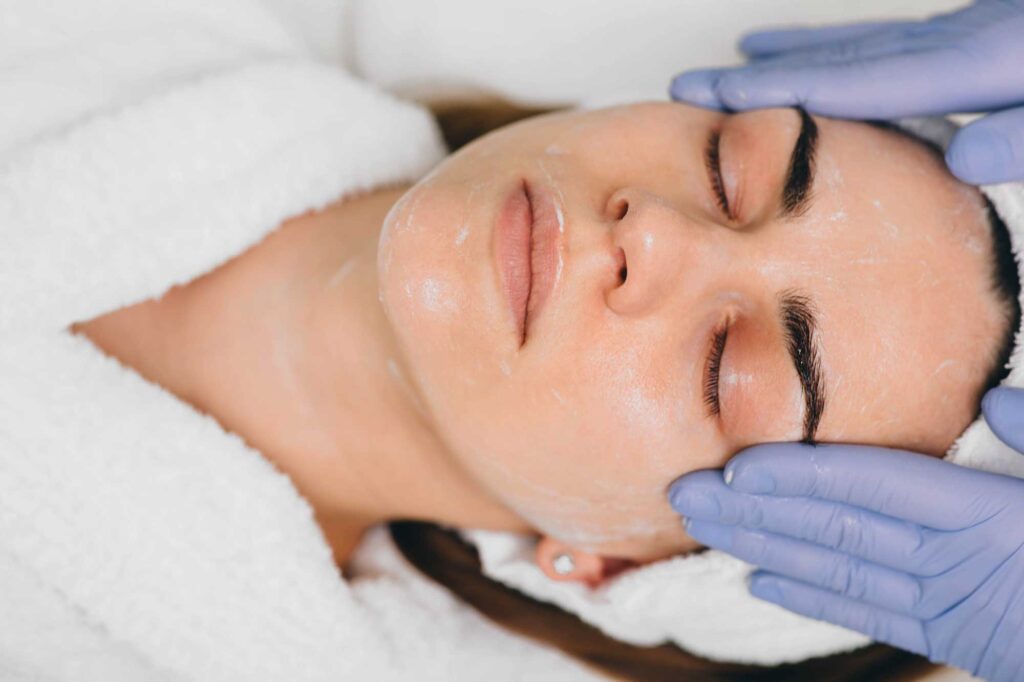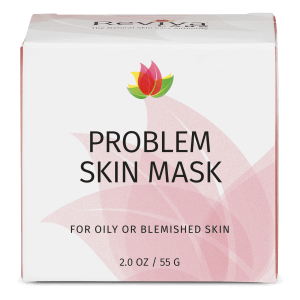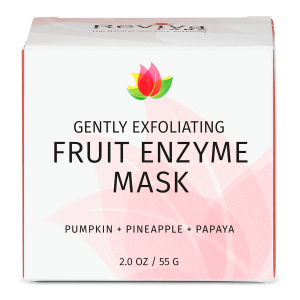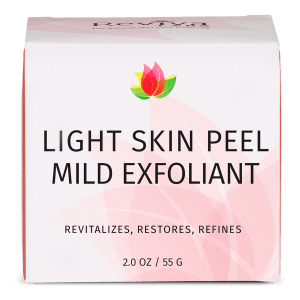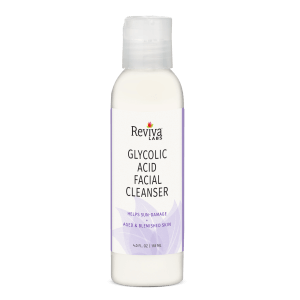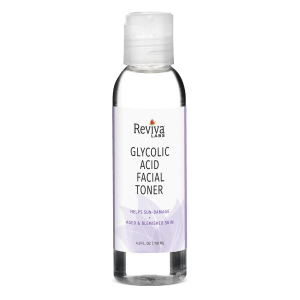Ingredients, Reviva Labs, Skin Care
Why Exfoliation is Essential for Healthy Skin
Some of the biggest breakthroughs in skincare don’t come from brand-new science—they come from foundational habits done consistently. One of the most transformative of these is exfoliation. While it might seem like just another step in a crowded routine, exfoliation is often the difference between dull, tired skin and a radiant, healthy complexion. But its value goes far beyond surface-level glow.
Let’s explore why exfoliation isn’t optional—it’s essential.
The Science of Skin Renewal
Our skin is constantly renewing itself. On average, a complete skin cell turnover cycle takes about 28 days. But that process slows dramatically as we age, sometimes doubling in length by the time we hit our forties or fifties. Dead skin cells that once shed effortlessly begin to cling to the surface, creating a buildup that dulls skin tone, clogs pores, and makes fine lines more pronounced.
Exfoliation is how we step in and help our skin do what it once managed on its own. Whether you choose physical exfoliation—think scrubs or enzyme masks—or chemical options like glycolic acid, the goal is the same: remove the uppermost layer of dead skin and reveal the smoother, fresher skin beneath.
Benefits That Go Beyond the Surface
The immediate benefits of exfoliation are easy to see. Skin looks brighter. It feels softer. Makeup applies more smoothly. But the long-term effects are even more powerful. Exfoliation can reduce the appearance of sun damage, fine lines, uneven texture, and discoloration. And for those prone to acne, it can help prevent breakouts by keeping pores clear of debris and excess oil.
Chemical exfoliants like glycolic acid, a type of alpha hydroxy acid (AHA), not only lift away dead cells but also encourage deeper cell turnover. This promotes collagen production and thickens the dermis, which helps reduce signs of aging. Regular exfoliation can also improve the efficacy of your entire skincare routine by helping active ingredients penetrate more effectively.
Why Skipping Exfoliation Can Sabotage Your Skincare
Imagine investing in quality serums and moisturizers, applying them daily, and seeing minimal results. Without exfoliation, those products are likely sitting on top of a barrier of dead skin cells. This impedes absorption and reduces their impact. The buildup can even lead to clogged pores and texture issues, giving the impression that your products aren’t working.
Exfoliation prepares your skin. It primes it to receive and benefit from the treatments that follow. It’s why Reviva Labs includes exfoliating steps as the foundation of nearly every skin type regimen—because healthy skin begins with a clean, receptive canvas.
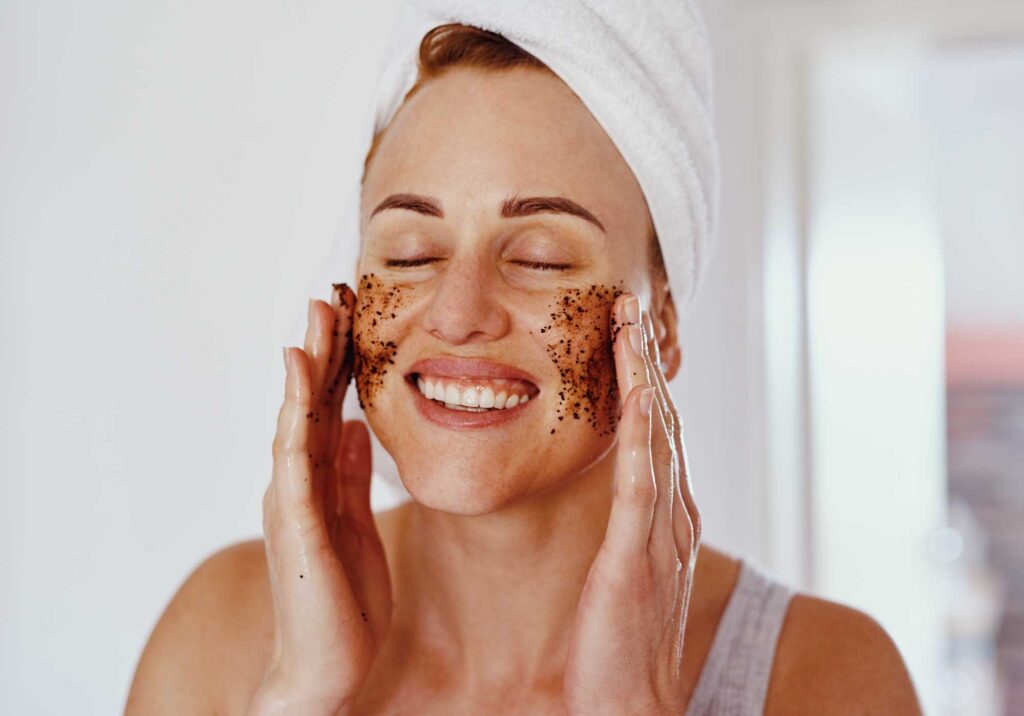
Choosing the Right Type for Your Skin
Not all exfoliation is created equal and overdoing it can cause more harm than good. The key is matching the method and frequency to your skin’s needs.
For normal skin, a weekly exfoliating mask like Reviva’s Fruit Enzyme Mask (with pumpkin, pineapple, and papaya enzymes) offers a gentle yet effective way to keep your complexion radiant.
Dry or sensitive skin benefits from enzyme or lactic acid exfoliants that gently loosen dead skin without stripping natural moisture. Reviva’s Light Skin Peel Mild Exfoliant is one such option—it works to lift away buildup while conditioning the skin with soothing ingredients like papain and allantoin.
Oily or blemish-prone skin often requires more frequent exfoliation to manage excess sebum and congestion. Products that include glycolic acid or salicylic acid can help prevent breakouts and clarify the skin. Reviva’s Glycolic Acid Cleanser and Toner offer a dynamic duo for keeping pores clear and skin texture refined.
Aging skin, which experiences slower cell turnover, may benefit most from consistent use of exfoliants. Daily low-level exfoliation with products like Reviva’s 10% Glycolic Acid Crème helps smooth fine lines, brighten tone, and increase the skin’s receptiveness to peptides and antioxidants.
How Often Should You Exfoliate?
This depends on your skin type, exfoliant type, and overall routine. For most people, exfoliating two to three times a week is sufficient. Some mild formulas—especially those that blend exfoliation with hydration or calming ingredients—are gentle enough for daily use. For instance, Reviva’s 10% Glycolic Acid Crème is specifically designed for daily application, balancing exfoliation with emollients and antioxidants to reduce irritation.
Signs you may be over-exfoliating include redness, flaking, tightness, or increased sensitivity. If you’re using retinol, acne treatments, or have compromised skin from environmental stressors, it’s best to limit exfoliation and opt for gentler formulas.
The Key Ingredients That Elevate Exfoliation
Effective exfoliating products often contain ingredients that do more than just remove dead skin cells—they actively support skin renewal, hydration, and calmness.
- Glycolic Acid: A widely researched AHA derived from sugar cane, it works on the outer layer of the skin to break down bonds between dead cells and promote fresh turnover.
- Salicylic Acid: A beta hydroxy acid (BHA) that penetrates oily pores and helps reduce acne.
- Papain and Bromelain: Enzymes from papaya and pineapple that dissolve dead proteins without abrasion.
- Kaolin and Bentonite Clays: Natural minerals that draw out impurities while gently exfoliating.
- Allantoin and Aloe Vera: These calm the skin post-exfoliation, reducing irritation and boosting hydration.
- Lactic Acid: An AHA that exfoliates while drawing in moisture, making it ideal for drier skin.
Debunking Exfoliation Myths
Myth: Exfoliating causes more breakouts.
In reality, exfoliation helps prevent breakouts by clearing clogged pores. However, purging may occur when starting a new exfoliant—this is temporary and usually resolves within a few weeks.
Myth: Scrubs are better than chemical exfoliants.
Not necessarily. While scrubs can provide immediate smoothness, they often cause microtears in the skin if used too harshly. Chemical exfoliants penetrate deeper and are more consistent when properly formulated.
Myth: If your skin tingles or burns, it means it’s working.
A mild tingle might be normal, especially with glycolic acid, but burning is a red flag. Skin doesn’t need to hurt to improve. If a product stings, it may be too strong or incompatible with your current regimen.

Why Exfoliation Matters More as You Age
As the skin matures, its natural exfoliation process slows down. The result? Dullness, uneven tone, and an increase in fine lines. Exfoliation reactivates a process that once happened naturally. It also enhances the performance of anti-aging treatments by clearing the path for ingredients like peptides, retinol, and vitamin C.
Glycolic acid, for instance, has been shown to not only exfoliate but stimulate collagen production, which is essential for maintaining firmness and elasticity.
A Powerful First Step in Every Skincare Routine
Reviva Labs has always emphasized that preparation is half the battle. Their cleansing and exfoliating products are crafted to do more than just cleanse—they’re designed to transform the skin’s surface, making it more receptive and responsive. Whether it’s the Glycolic Acid Facial Cleanser that gently exfoliates and clears impurities or the Gently Exfoliating Fruit Enzyme Mask that refreshes and brightens, exfoliation is the key that unlocks every other benefit your skincare routine offers.



